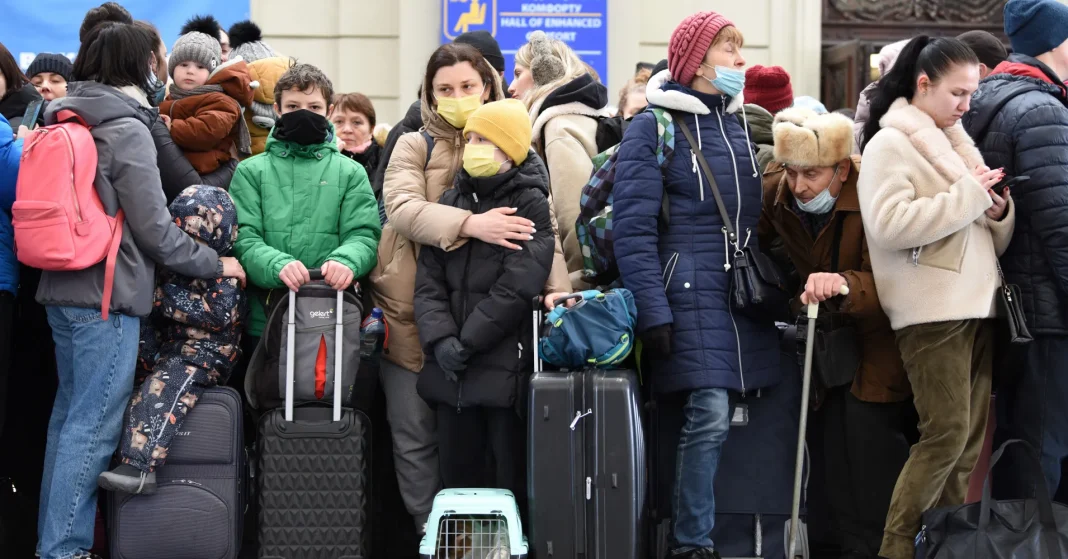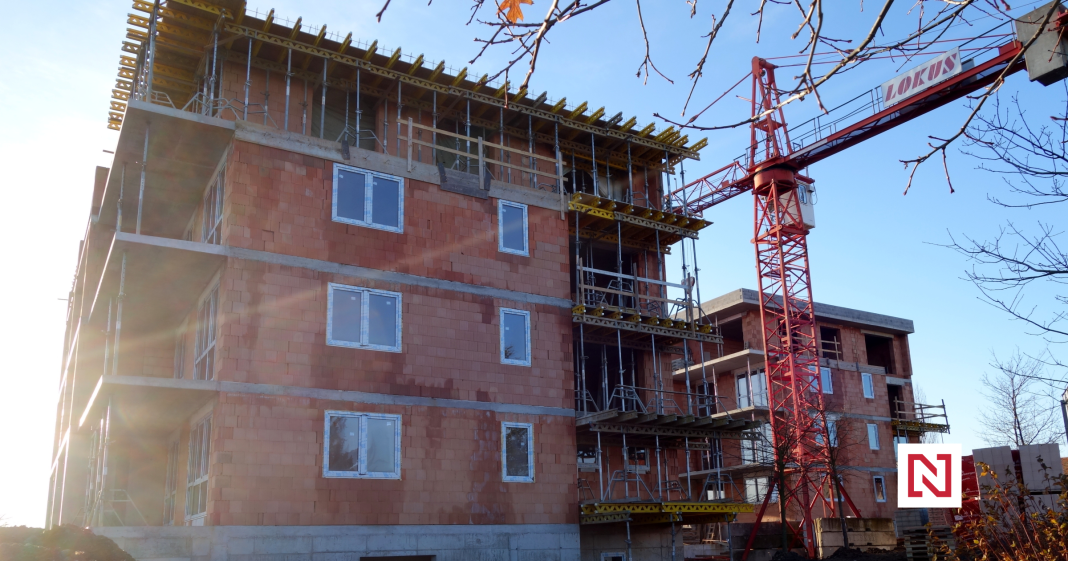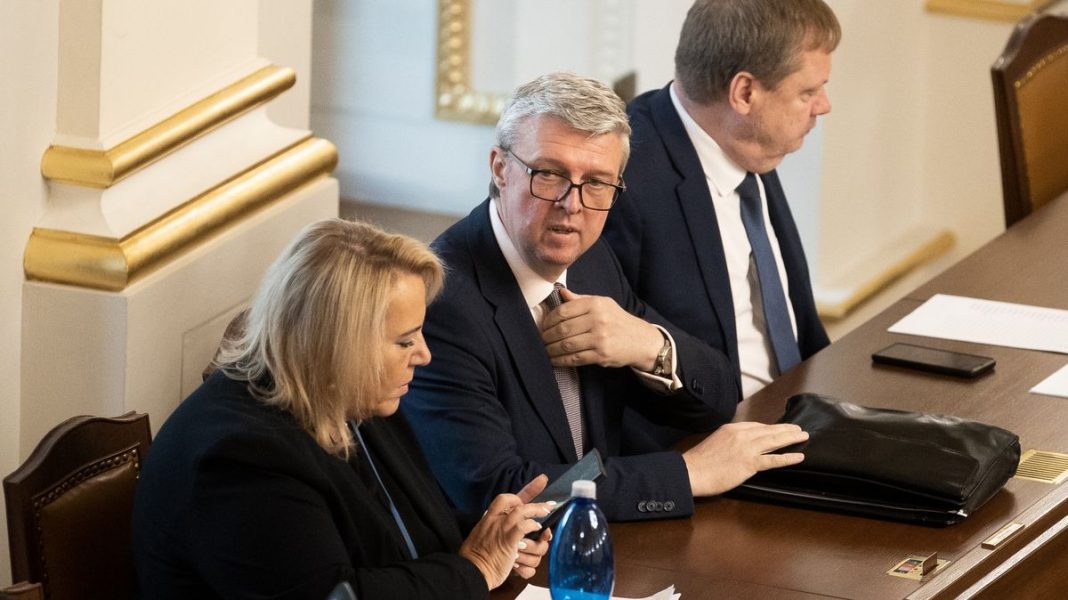Amid the war in Ukraine, many refugees have found refuge in countries across Europe, including the Czech Republic. Their integration into the local economy has had significant financial implications, both in terms of contributions to the economy and the costs associated with hosting them.
Economic Contributions of Ukrainian Refugees

The influx of Ukrainian refugees into the Czech Republic has resulted in notable economic contributions. Recent statistics indicate that Ukrainian refugees have injected approximately eight billion Czech korunas into the state economy. This influx is largely attributed to increased consumer spending, as refugees settle into communities and contribute to the demand for goods and services.
Additionally, many Ukrainian refugees have found employment, filling crucial gaps in the labor market. This participation has not only bolstered local businesses but has also contributed to tax revenues, aiding in the country’s economic stability during trying times. Many employers have highlighted the positive impact of the refugees’ work ethic and skill sets, which align well with the needs of various industries.
Costs of Hosting Refugees

While the contributions are noteworthy, hosting refugees does entail costs. The Czech government has allocated resources to ensure the proper accommodation, healthcare, and social services of Ukrainian refugees. These costs are crucial in facilitating the smooth integration of refugees into Czech society to ensure they can contribute effectively.
Reports suggest that these costs are approximately half of the economic input provided by the refugees. This balance illustrates the potential for a mutually beneficial relationship between refugees and host nations when managed effectively, showcasing the Czech Republic’s commitment to humanitarian aid.
Social and Community Integration

Beyond economic factors, the integration of Ukrainian refugees has led to noticeable social and cultural enrichment. Communities across the Czech Republic have organized numerous events aimed at fostering cultural exchange and understanding. These initiatives not only support the emotional well-being of refugees but also promote a vibrant multicultural environment.
The Czech public has been largely supportive, with many volunteering time and resources to assist newcomers. This solidarity has been pivotal in ensuring positive social integration and enhancing community cohesion.
Challenges and Future Outlook

Though the integration process has been largely successful, challenges remain. Language barriers, bureaucratic hurdles, and the psychological impact of displacement continue to pose difficulties for some refugees. Efforts are ongoing to address these issues through targeted support programs and language courses.
Looking forward, the continued collaboration between government, NGOs, and local communities will be essential to harnessing the full potential of the refugee populace. Ensuring sustained support and adaptable policies will be key in maximizing benefits for both Czech society and the refugees themselves.
In conclusion, the presence of Ukrainian refugees in the Czech Republic demonstrates a complex interplay between economic gains and the responsibilities of hosting. The situation exemplifies how careful planning and community cooperation can lead to positive outcomes for refugees and host countries alike.





